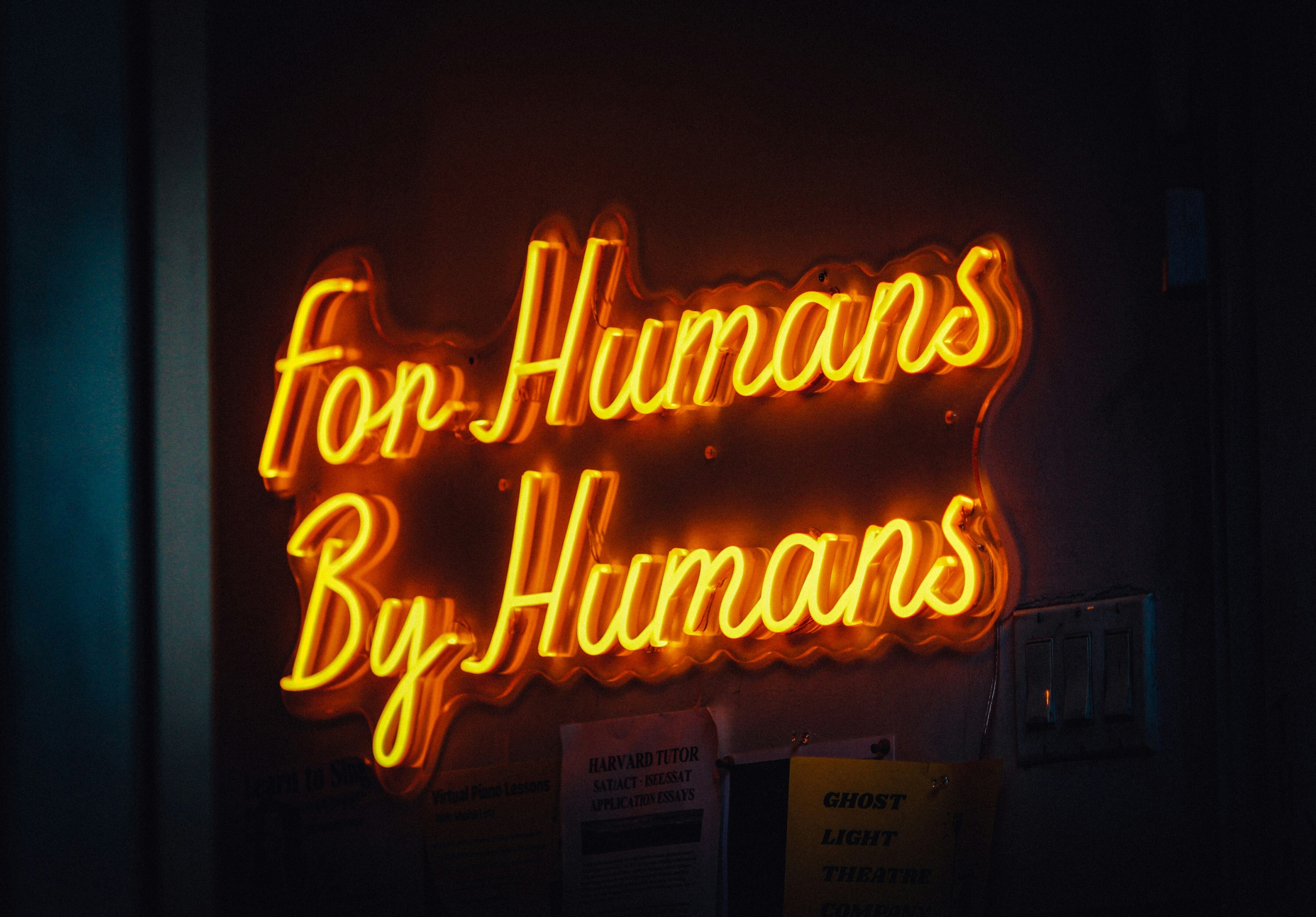Having siblings makes you more empathetic

Learning to be empathic early in development can set in motion lifelong strengths in treating others with kindness, respect and understanding.
Image: REUTERS/Rupak De Chowdhuri
Stay up to date:
Values
For decades, researchers have demonstrated the numerous ways in which parents can positively influence their children’s development. This includes how confident they are, how well they do in school and how they interact with their friends
Far less attention has focused on the impact of children’s relationships with their brothers and sisters, despite the fact that most people grow up with at least one sibling and they tend to spend more time with one another than with parents or friends.
Our research at the University of Calgary and the University of Toronto shows that siblings, like parents, can have a dramatic impact on one another’s development. We’ve found, for example, that warmth and support from an older sibling can help boost the younger sibling’s language development and their understanding of others’ minds and points of view.
In a new paper, published today in the journal Child Development, we show that siblings can also play a role in the development of empathy.
We found that children who are kind, supportive and understanding influence their siblings to act and behave in similar ways. And if one sibling is struggling to be empathic but has a sibling with strong empathy skills, they manage to become more empathic over time.
Studying sibling empathy
A child who demonstrates strong empathy skills is able to show feelings of care and concern for others in need.
Learning to be empathic early in development can set in motion lifelong strengths in treating others with kindness, respect and understanding. Empathic children become empathic friends, spouses and parents.
In the research context, we study empathy by observing how young children respond to an adult who pretends to be upset when they broke a cherished object, hit their knee or caught their finger in a briefcase.
We are interested in how empathy skills grow over time and whether one sibling’s empathy influences the other sibling’s growth in empathy.
What’s important in this newly published research is that we were able to remove the influence of parents so we can attribute growth in a child’s empathy skills directly to their sibling (and not their parents).
Younger siblings have influence too
We commonly think of older siblings as having a greater impact on their younger siblings than vice-versa: Older brothers and sisters are more experienced and knowledgeable.
However, we’ve found in our research that both younger and older siblings uniquely contribute to each others’ empathy development.
Older siblings can be role models to the younger siblings, and vice versa —younger siblings with strong empathy skills can be role models to their older siblings.
As long as one sibling is empathic, the other one benefits.
What about age differences? Does it matter if one sibling is much older than the other?
All siblings in our study were within a maximum of four years of one another in age. But we did find that in families where siblings were further apart in age, older brothers and sisters had a stronger influence on their younger siblings.
So, the bigger the age gap, the better older siblings are at modeling empathic behaviours.
We also found that younger brothers did not significantly influence their older sisters.
It’s not just parents who influence how well children develop. Siblings do too. And sibling relationships are not just about rivalry, animosity, jealousy and competition for parental attention.
Child development is a family affair.
Accept our marketing cookies to access this content.
These cookies are currently disabled in your browser.
Accept our marketing cookies to access this content.
These cookies are currently disabled in your browser.
Don't miss any update on this topic
Create a free account and access your personalized content collection with our latest publications and analyses.
License and Republishing
World Economic Forum articles may be republished in accordance with the Creative Commons Attribution-NonCommercial-NoDerivatives 4.0 International Public License, and in accordance with our Terms of Use.
The views expressed in this article are those of the author alone and not the World Economic Forum.
Forum Stories newsletter
Bringing you weekly curated insights and analysis on the global issues that matter.
More on Education and SkillsSee all
Laurel Taylor
August 18, 2025
Antara Choudhury and Vivin Rajasekharan Nair
August 14, 2025
Rawan bint Najeeb Tawfeeqi
August 11, 2025
Neeti Mehta Shukla
August 1, 2025
Naoko Tochibayashi
July 30, 2025





